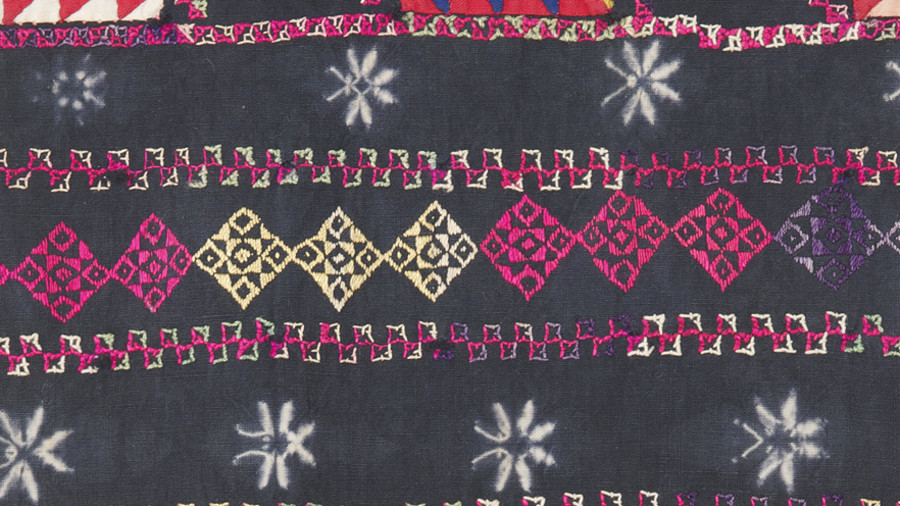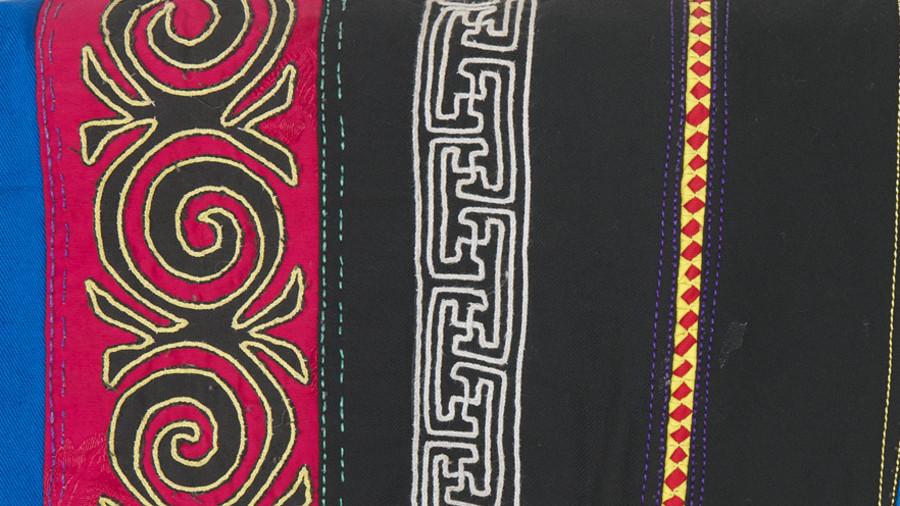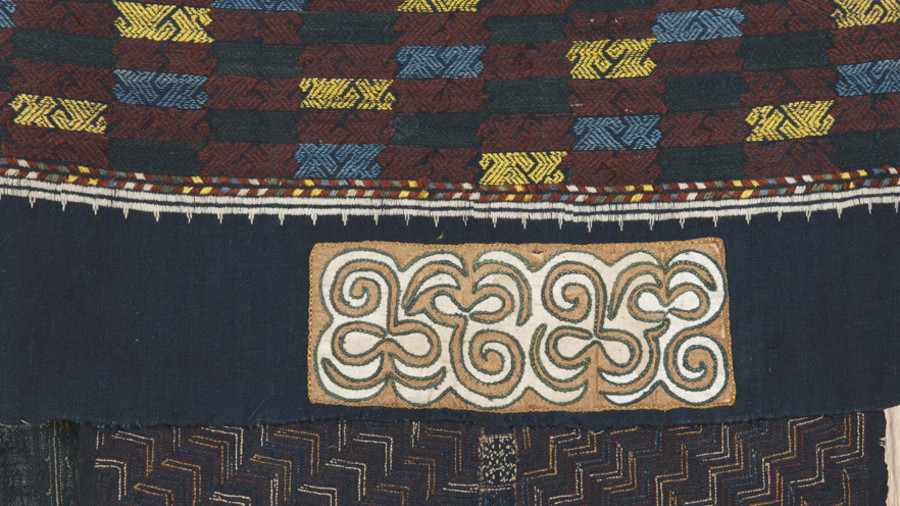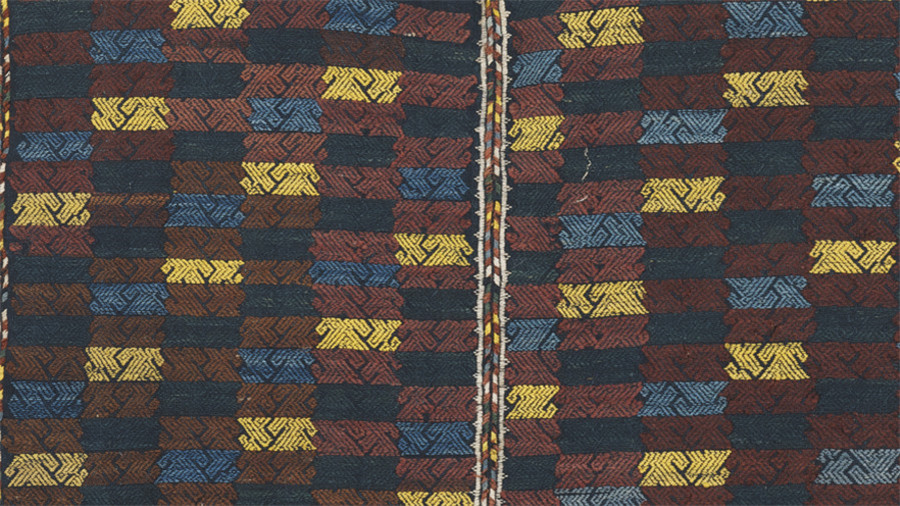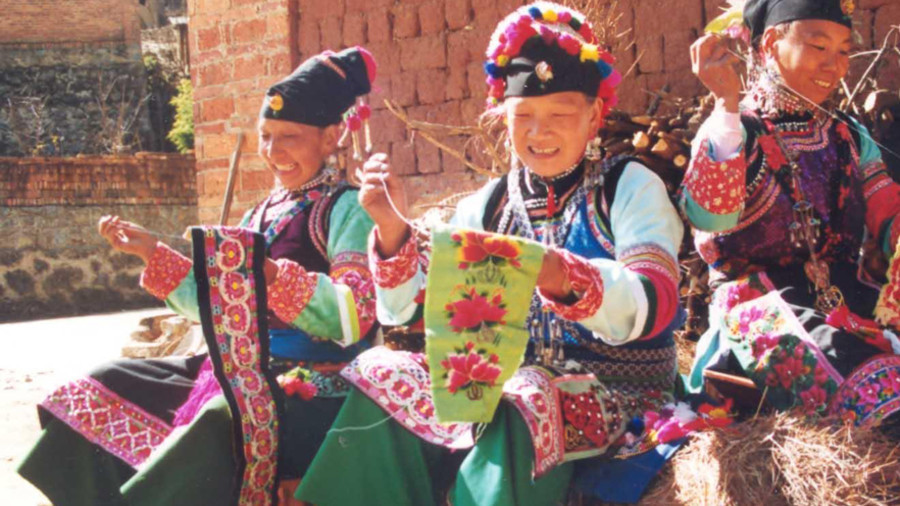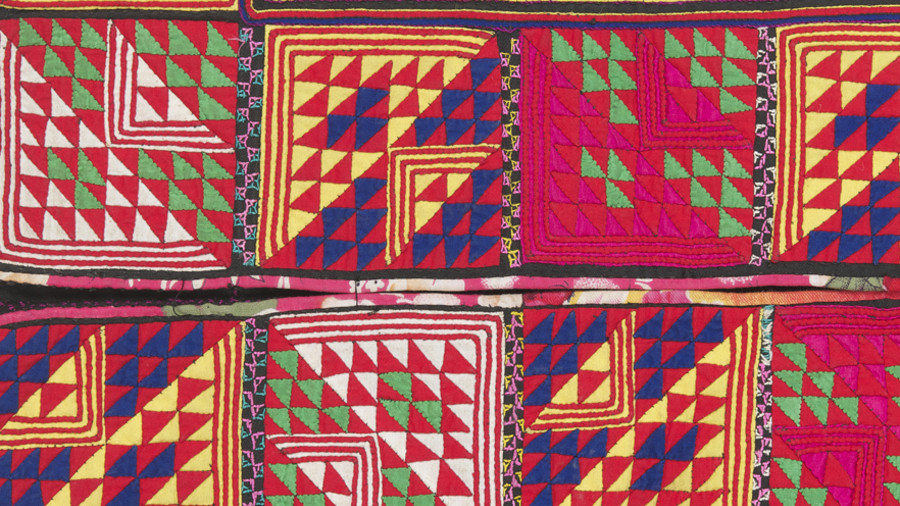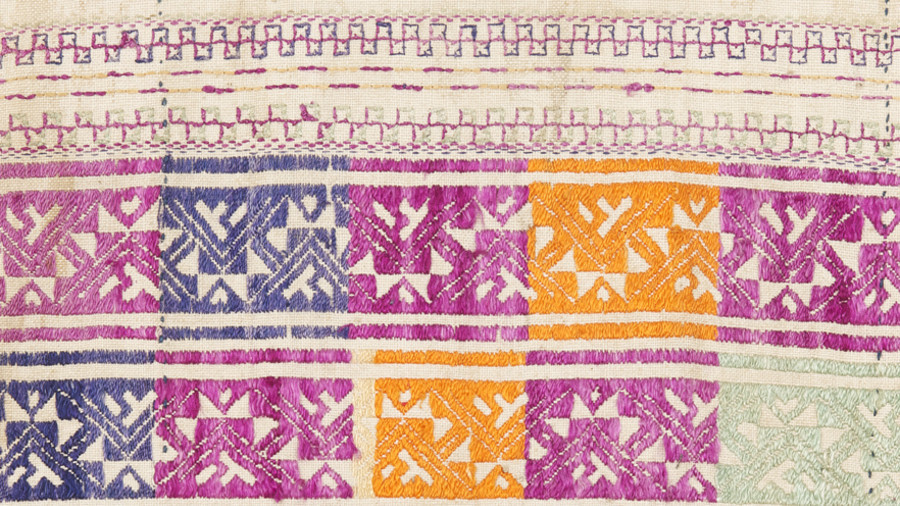
Costumes of Yi Ethnic Minority
The costumes of the Yi ethnic minority, also known as the Nuosu people, are diverse and culturally rich, reflecting their unique traditions and heritage. Here’s an overview of the costumes worn by the Yi ethnic minority: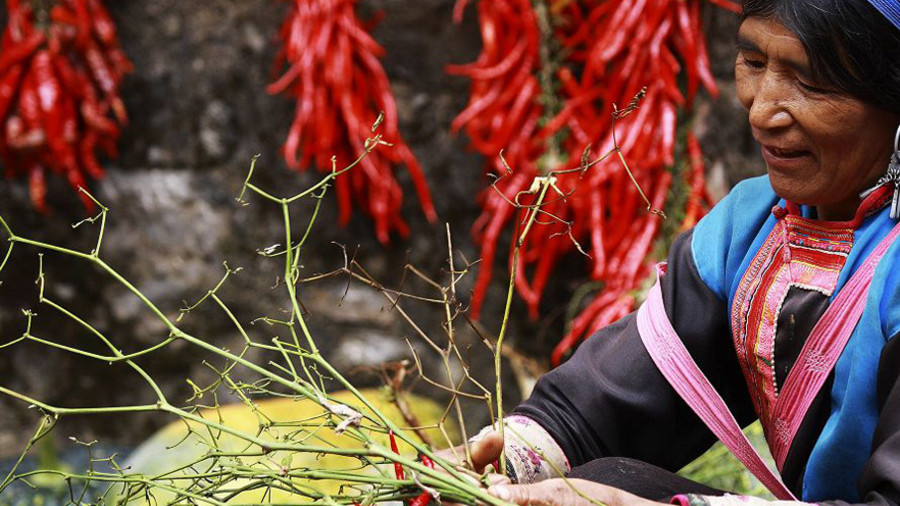
Women’s Costumes
- Headdresses: Women often wear elaborate headdresses adorned with silver ornaments, beads, and colorful threads. These headdresses vary by subgroup and can indicate the wearer’s social status, age, and marital status.
- Clothing: Traditional attire for women includes jackets, blouses, and skirts made from handwoven fabrics. The colors are typically vibrant, with patterns that may include intricate embroidery, batik designs, or appliqué work, each representing the cultural identity of their subgroup.
- Accessories: Silver jewelry is a significant part of women’s attire, featuring necklaces, earrings, bracelets, and rings. These accessories are intricately crafted using traditional silversmithing techniques and hold symbolic meanings within their cultural context.
Men’s Costumes
- Clothing: Men typically wear jackets, trousers, and vests made from durable fabrics such as hemp or cotton. Their attire is often less ornamented than women’s clothing, focusing on functionality and practicality.
- Headwear: Men may wear caps or turbans, which vary by region and subgroup. These head coverings are usually made from woven fabric and serve both cultural and practical purposes.
Common Elements
- Embroidery and Batik: Both men’s and women’s costumes may feature intricate embroidery or batik patterns. These designs often depict symbols related to nature, animals, and spiritual beliefs, showcasing their cultural significance.
- Color Symbolism: Colors hold symbolic meanings in Yi costumes. For instance, red symbolizes happiness and prosperity, while black represents strength and maturity. The choice of colors reflects their cultural beliefs and traditions.
Cultural Significance
Yi costumes are integral to their cultural identity and social cohesion. The craftsmanship and symbolism in their attire illustrate their deep connection to nature, spiritual beliefs, and historical narratives. The costumes are often worn during festivals, weddings, and other significant ceremonies, emphasizing their cultural continuity and heritage.
In essence, the costumes of the Yi ethnic minority are not only a form of traditional dress but also a profound expression of their identity, history, and values. They exemplify the rich cultural diversity found within China’s ethnic minority groups, showcasing their artistic creativity and enduring traditions.
